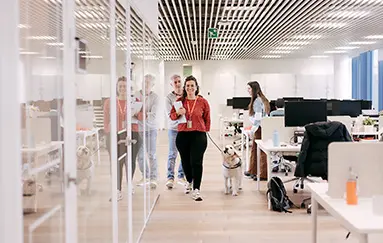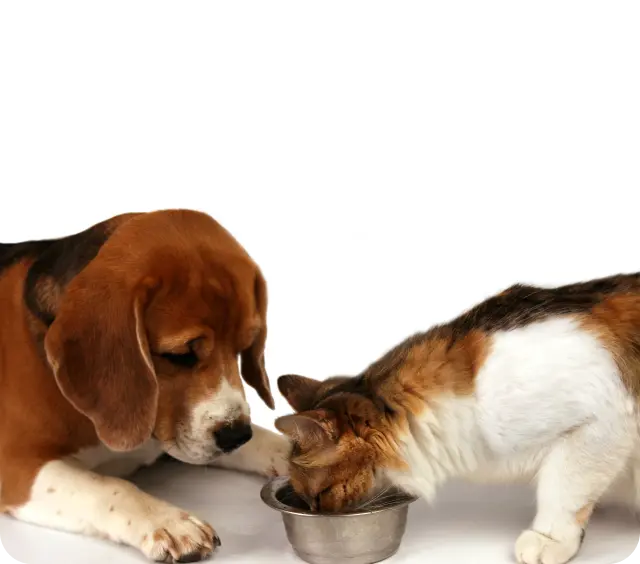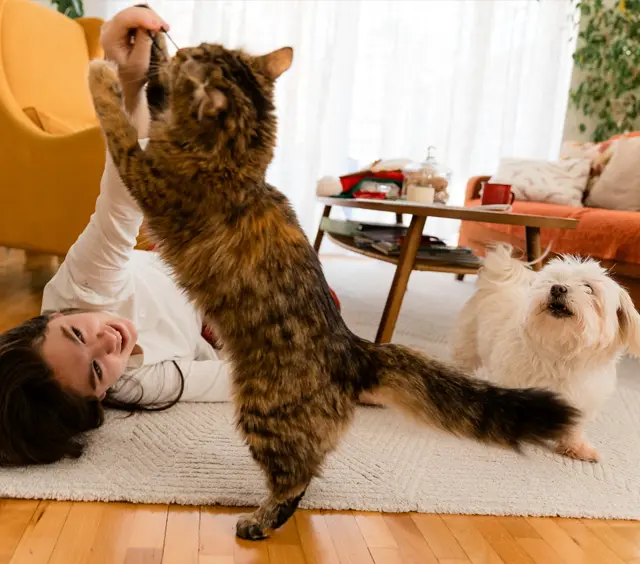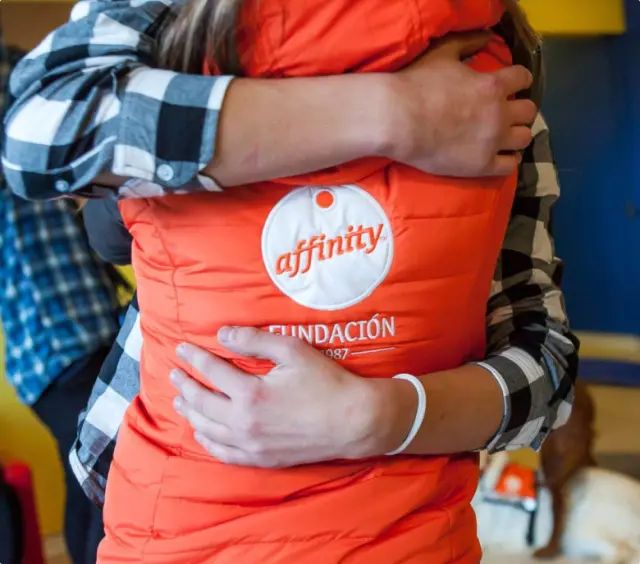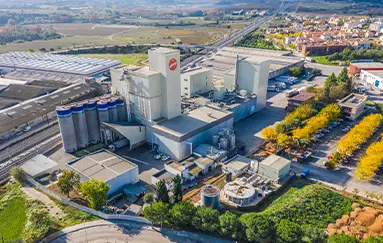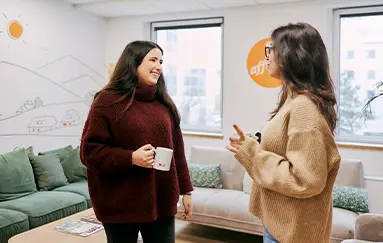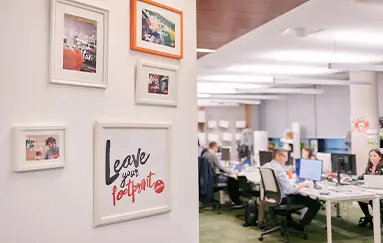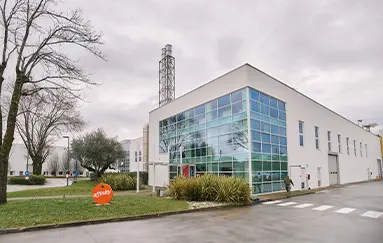Nourishing Healthy Bonds
Between dogs, cats and people to make the world a better place.

Giulia and Livia in our office with Sheyla
Affinity is fuelled by a deep belief in the transformative power of the human-pet bond
More about who we areOur brands

Gossa and Duende
Healthy and balanced recipes tailored to your dog or cat


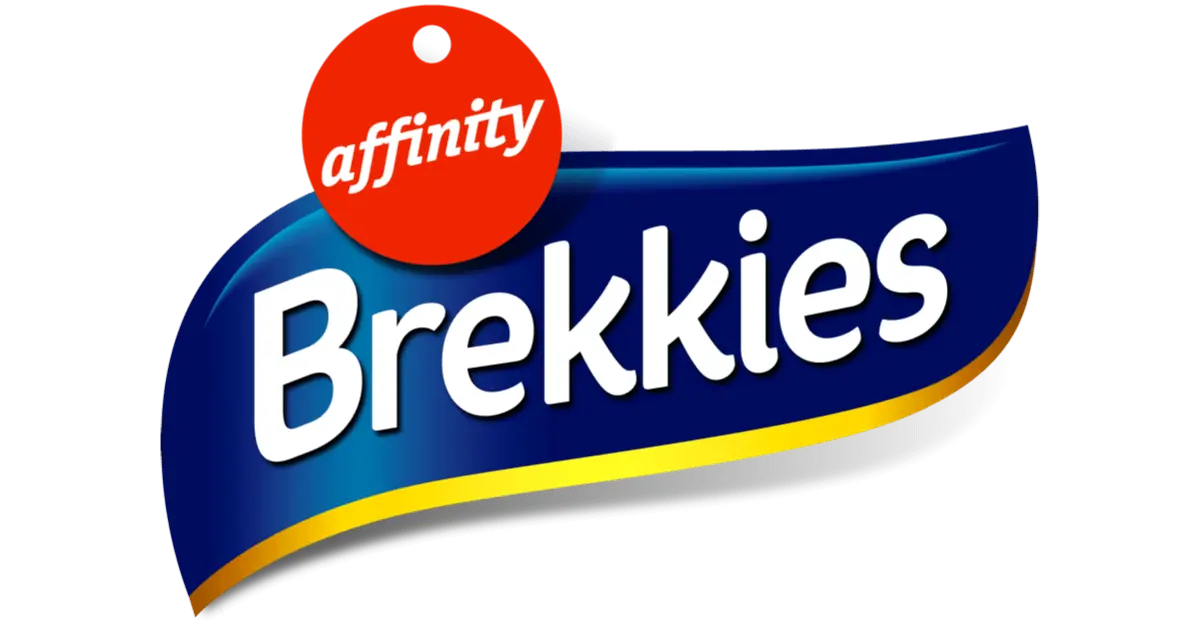
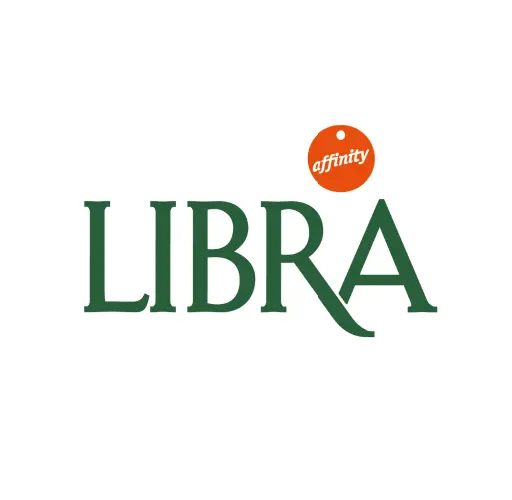
Our team
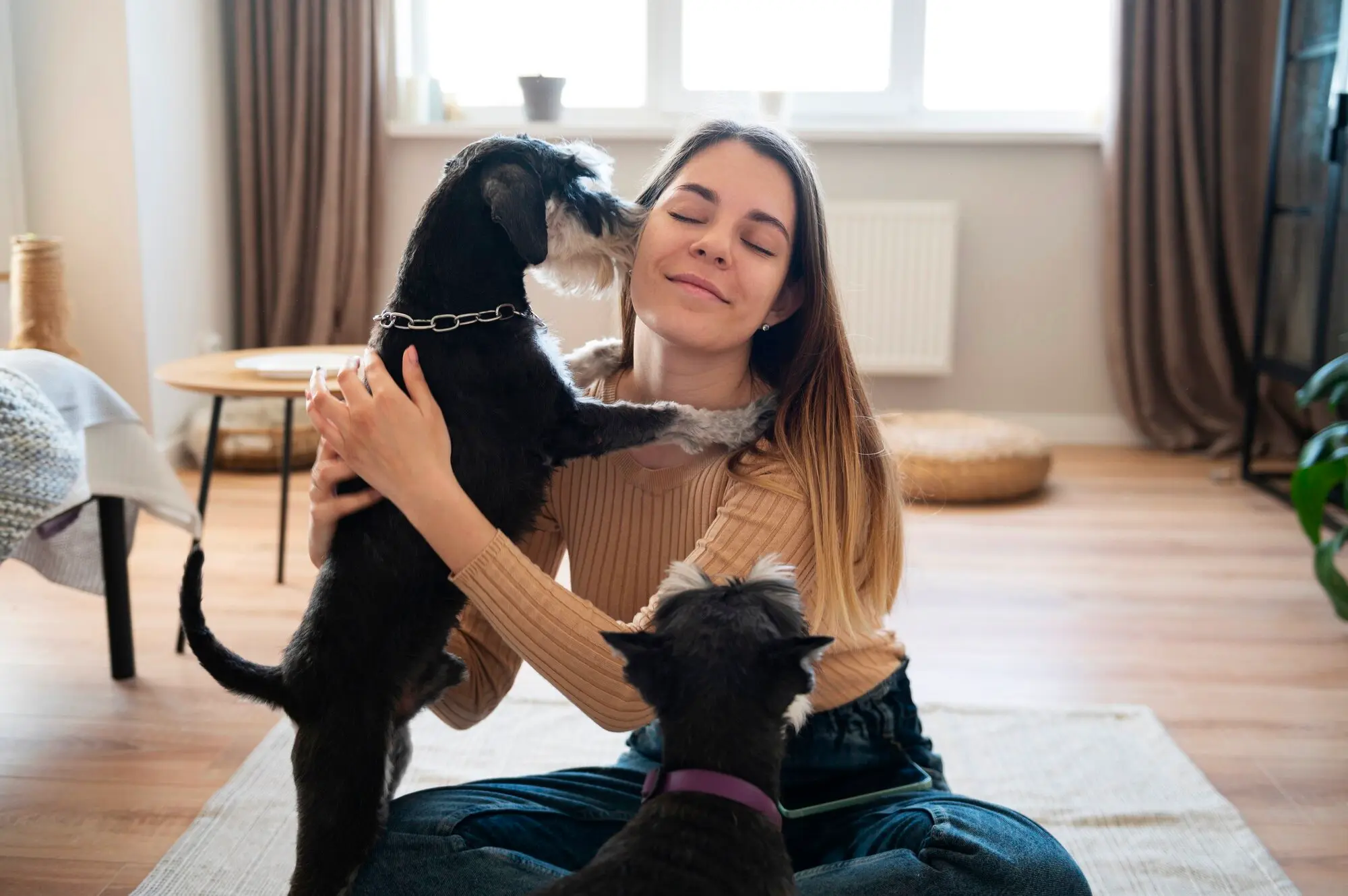

The Power of Bonds
We champion the importance of meaningful connections and relationships in the workplace, recognizing that life is richer when we forge strong bonds
Celebrating Uniqueness
We hold the belief that by celebrating our individuality and embracing our diversity, we can collectively create something truly remarkable
Where to find us
Spain
Headquarters
Plaça Europa, 54-56
08902 L'Hospitalet de Llobregat (Barcelona)
